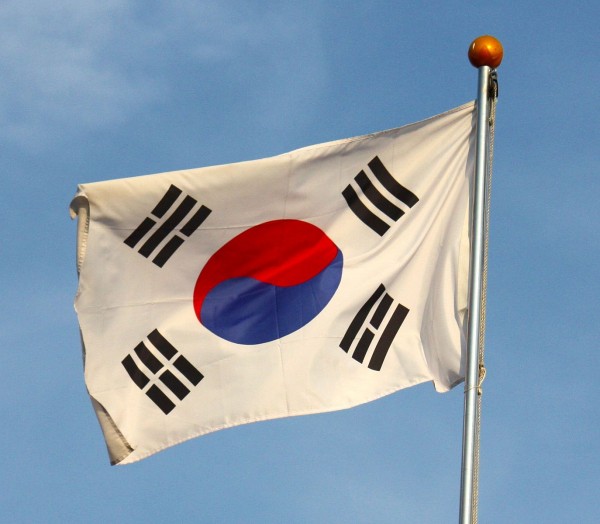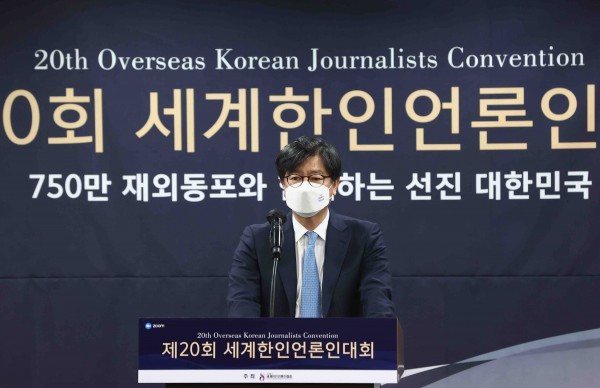On 20 October, Congressman Chung Rae Jung of the Uri party, which has a parliamentary majority, tabled a proposed amendment to the “Registration, etc. of Periodicals Act” titled, “Act on Preserving the Functions of Newspaper, etc. and Protecting the Interests of the Readers.”
The act contains a number of provisions that are deeply hostile to the long established principles of editorial independence and international standards on press freedom and freedom of expression.
Perhaps most worrying, the act calls for readers to have the right to participate in “editing or producing periodicals and Internet press” so that the editorial policy “faithfully [satisfies] the readers.”
The proposed act also creates a number of unfair duties such as the need to create a “Readers’ Interests Committee” to protect the reader, the obligation to keep “self-regulations on editing” at newspaper offices and a prohibition on the infringement of “readers’ rights.”
Another provision obliges publishers to provide financial details to the Minister of Culture and Tourism in addition to providing such details to the tax offices.
The Minister is also responsible for the establishment of a newspaper development fund to be used to promote periodicals. This is interpreted as the possible creation of a central newspaper distribution system with the exclusion of the main newspapers. Such a central distribution is reminiscent of the media structures in the former communist countries of Eastern Europe, which also hindered the development of critical media.
Elsewhere, individual newspapers are restricted to a 30 per cent market share, with the top three restricted to a combined market share of 60 per cent.
The act also forms a new Korean Press Agency, consisting of nine directors appointed by the Minister of Culture and Tourism, which shall be responsible for securing the diversity of public opinion as well as for consultation and assessment of all major media policies.
“The act is a politically inspired attempt to cower the media,” said IPI Director, Johann P. Fritz.
“It represents a totally unwarranted intrusion in the editorial independence of media organizations with the sole purpose of creating a malleable and compliant press. In democracies readers have choices and they can exercise these choices without the need for legislation to create an enforceable right that allows for their involvement in the everyday running of a media organization.”
“IPI appeals to the government not to violate internationally accepted principles of press freedom to which South Korea is already committed to,” commented Fritz.


